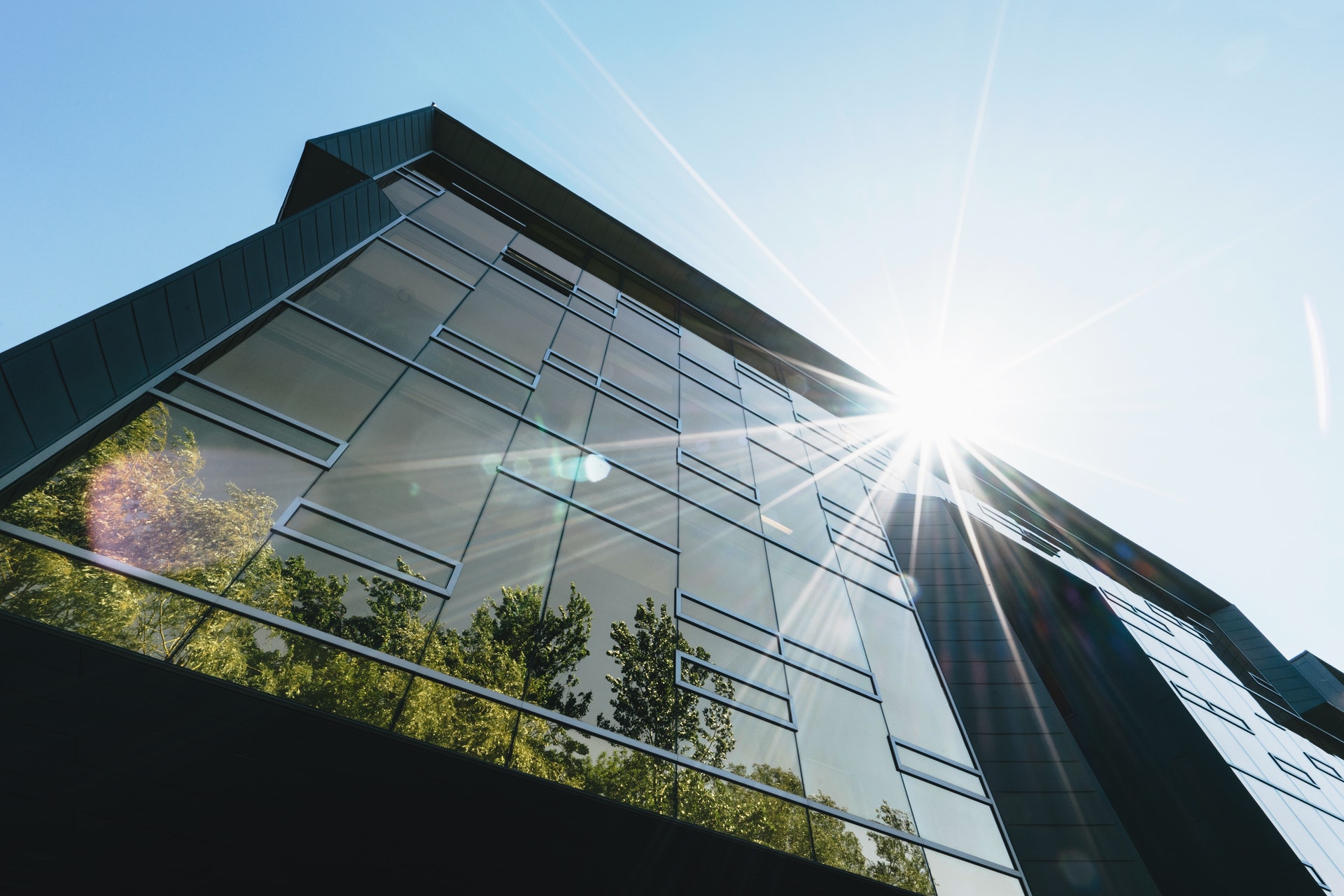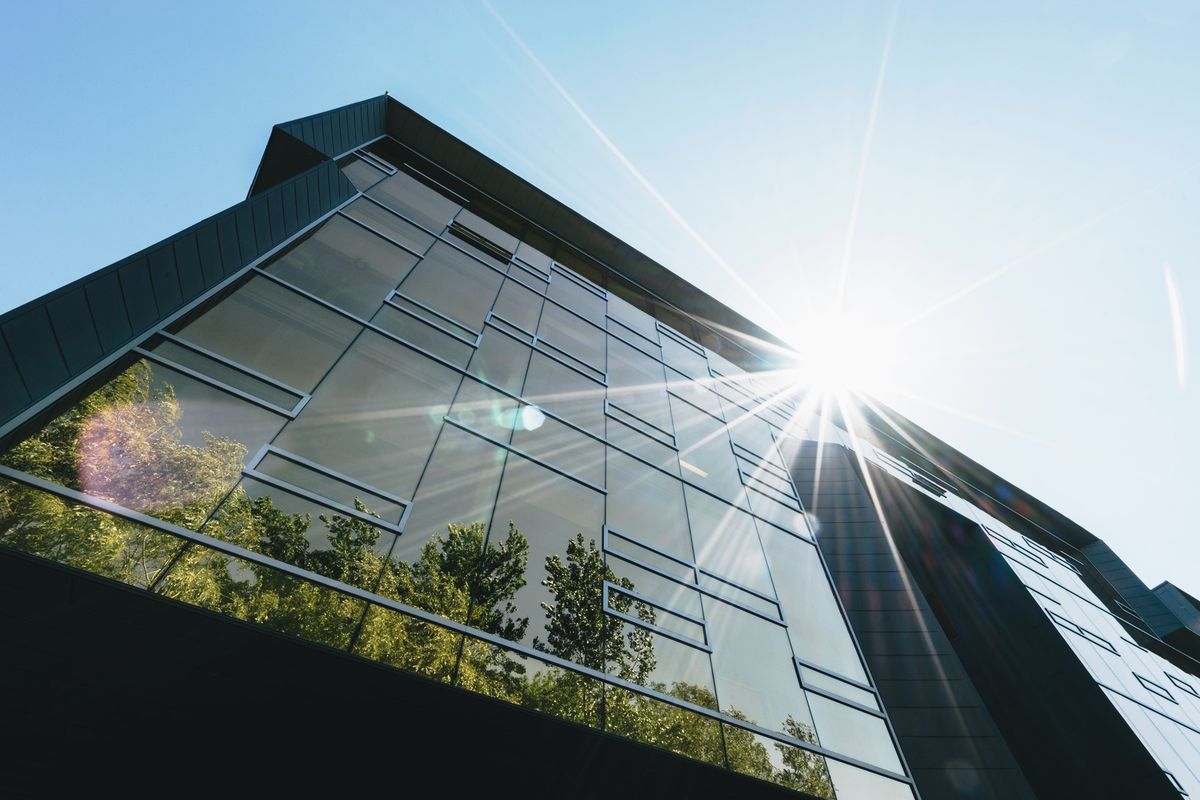
Summary
2020 has made clearer than ever before that connectivity is crucial for Europe. Amidst a combined global health, financial and social crisis, it’s not just a choice, it’s a necessity.
This urgency has been well-noted, with the EU’s recovery plan creating an enormous opportunity for a green digital transformation. These funds will allow governments, the private sector and civil society to identify new ways to enable Europe’s technological growth and development.
Launching the new Connected Europe initiative on 7 December, Friends of Europe and Vodafone held an online roundtable discussion with experts and policymakers from across the tech sector to discuss opportunities and challenges for digital to build a successful, green and resilient Europe.
A NEW SOCIAL CONTRACT
For Vodafone, the decision to do things differently was spurred on well before the pandemic, but when it did hit in early 2020, it became a catalyst for transformation and growth. It created a new opportunity to ask what the company could do to support society and create positive change.
7:20 – The solution we came up with was what became known as our social contract… We had to be more in tune with what society wants from us and how we could deliver for society… We came up with a five-point plan which was built around our infrastructure – making sure it stayed reliable and secure – protecting vulnerable people, digitalising businesses, giving support to governments in their own digitalisation and giving insights to governments to help with an exit strategy. [Ben Wreschner]
15:45 – If we want to have half a chance to limit climate change catastrophe and win the race to zero, and if we want to make sure that we build a society that really leaves no one behind and is more just and fair, we need digital. We need to level up access, improve digital skills, make sure the recovery includes everyone, and we need connectivity to help decarbonise society and use natural resources more efficiently… Digital technology is really at the heart of driving the scale and the speed of delivering the SDGs, the Green Deal and the race to zero. [Dorothée D’Herde]
INEQUALITIES AND THE DIGITAL DIVIDE
Digital technology creates an opportunity to overcome inequalities by improving access and quality of life while levelling up economic livelihoods. And it’s not just the right thing to do – it also makes good business sense.
25.08 – The kind of power and influence that telecommunications companies have today – this opportunity to bring pressure to bear on governments… These are not just moral issues. There’s a business case in overcoming the digital gender divide. [Lindsey Nefesh-Clarke]
55:30 – We need students to really understand how to use devices, how to navigate the internet… It’s not only about the digital skills, but about giving everybody a broader perspective in order to really have a cultural shift. [Cristina Pozzi]
28:46 – There are specific categories of kids that do not have digital education or access to the internet – and one of these categories is Roma kids… They have been left out of digital e-schooling… Providing affordable internet is basic stuff – it’s like providing them water, in a way, because you need it not only to live, but to live in a digital economy. [Dionysia-Theodora Avgerinopoulou]
54:15 –Vodafone will sit on a very large data set which could be extremely beneficial.
We are seeing that the gap is getting bigger and bigger… How do we empower the people who don’t usually have a voice to have a say? [Anne Kjær Bathel]
33:20 – Much more effort [at the European level] should be put into pushing up projects with support for the regions and the cities. [Jasna Gabrič]
THE GREEN-DIGITAL NEXUS
With the potential of a green transition at Europe’s doorstep, it is important to recall that a key element will be to capitalise on digital’s essential role as part of the transformation.
40:05 – Encouraging member states to integrate the digital transformation in a human-centric way in their [post-COVID recovery] plans is a very important thing… There is the debate on the taxonomy of sustainable finance which is linked to the question of green bonds and the Green Deal… The digital dimension of the new criteria that are going to come out… is a real game-changing opportunity… Let’s look also at the way we’re investing in the future, and in particular in research and innovation. [Patrick Child]
46:07 – The other element which I think is important in staying interconnected – which is also what the Green Deal and digital transformation should be about – is to make sure that technology is part of the solution to cut emissions, be energy-efficient, and do something good for the climate. [Daniel Mes]
51:40 – The first thing is to ensure that the whole effort of investment in infrastructure and skills is supported at the public level nationally and at the European level, and also that the way money is spent is strictly in conformity with the green conditionality … There’s got to be a high consciousness of the most energy-efficient solutions and the most carbon-neutral solutions which will ensure that investment is not wasted. [Philip Lowe]
BIG CHANGES AHEAD
The way forward may not yet be entirely free and clear, but one thing is certain – the many sectors involved in Europe’s transformation will need to be ready for big changes.
58:26 – This pandemic is basically a trial run for what’s going to happen with the climate crisis. We need to change our methodologies because the structures, methodologies and organisations that we have are not fit for this digital age. We need to make sure that Europe goes as one, and that there’s not a divide between the rich and the poor, countries and cities, etc. [André Loesekrug-Pietri]
62:47 – We need to accelerate the transformation in Europe and focus on access and making sure we get the next generation networks and technologies ahead of time, or we are at least part of those who are in the lead. [Jakob Haesler]
64:26 – What telecommunications can do is to help the transition to a circular economy, to help the SMEs and the larger corporations to transition to business models that do not rely as much on primary resources. [Ilias Iakovidis]
65:41 – We have to make sure that the 20% allocated for digital skills across Europe in all the national recovery plans are actually implemented… and we don’t see that yet. [Victor Negrescu]
About
Connectivity is crucial for Europe. In the midst of global health, financial and social crises, it has quickly become one of the most urgent issues to address. Indeed, the EU’s recovery plan presents an enormous opportunity for a green digital transformation. But as much of the debate focuses on the need to green the digital sector, it must also focus on the role of digital as essential infrastructure for the green transformation.
This livestreamed roundtable debate will gather a small group of distinct stakeholders to discuss and debate what is needed to build a successful, green and resilient Europe.
Our events include photos, audio and video recording that we might use for promotional purposes. By registering, you give your permission to use your image. Should you have any questions, please contact us.
Schedule
Connectivity is crucial for Europe. In the midst of global health, financial and social crises, it has quickly become one of the most urgent issues to address. Indeed, the EU’s recovery plan presents an enormous opportunity for a green digital transformation – for example through a ‘Green recovery alliance’, the European Climate Pact and various pieces of legislation. But as much of the debate focuses on the need to green the digital sector, it should also focus on the digital as essential infrastructure for the green transformation.
Innovation in technology is thriving. By its very nature, the sector has embraced innovation, and as digital actors are getting ahead of the game, developments in the field are happening at a faster rate than ever. To truly unleash scale, the moment is now for other sectors to adopt and adapt to the digital revolution.
Digital technology improves access and quality of life while levelling up economic livelihoods. Despite huge strides towards acknowledging the digital sector’s role in the post-pandemic recovery and in the green transformation, the whole story is still not being told. To truly gain from our digital future, policymakers will need to address the urgent need to support digital innovation, and the industries that will benefit from the digital transition will need to be engaged and made part of the discussions.
Given the scale of the challenge, European citizens must understand, support, and feel ownership over the policy decisions being made. Member State governments must be empowered and encouraged to act. And the European Parliament must ensure that finances are made to work and are spent in the right way to facilitate a just transition.
- Can the Green Deal truly succeed if it fails to leverage digital technology?
- What must be done to rebalance the debate from portraying the digital sector as part of the problem, to a key driver of the solution?
- How can policymakers create an enabling environment for green innovation in Europe?
Scene-setting contribution
Dorothée D’Herde
Head of Sustainable Business at Vodafone Group
Ben Wreschner
Chief Economist at the Vodafone Group
Discussants
Charles-Pierre Astolfi
Co-Founder and Chief Technology Officer at Pemier Voisin and 2020-2021 European Young Leader (EYL40)
Dionysia Theodora Avgerinopoulou
Member of the Hellenic Parliament and 2012 European Young Leader (EYL40)
Anne Kjær Bathel
Founder and CEO of ReDI School of Digital Integration and 2020-2021 European Young Leader (EYL40)
Patrick Child
European Commission Deputy Director-General for the Environment (DG ENV) and Mission Manager for the European Union Mission for Climate-Neutral and Smart Cities
Jasna Gabric
Mayor of Trbovlje, Slovenia and 2020-2021 European Young Leader (EYL40)
Jakob Haesler
Global Head of Consulting at Forvis Mazars Group and 2013 European Young Leader (EYL40)
Ilias Iakovidis
Advisor for Societal Challenges in the European Commission Directorate-General for Communications Networks, Content and Technology
André Loesekrug-Pietri
Chairman and Scientific Director of the Joint European Disruptive Initiative (JEDI) and 2013 European Young Leader (EYL40)
Sir Philip Lowe
Partner at Oxera, former European Commission director-general for competition and energy, and Trustee of Friends of Europe
Daniel Mes
Member of the Cabinet of European Commission Executive Vice-President Frans Timmermans
Lindsey Nefesh-Clarke
Founder & Managing Director of Women's Worldwide Web (W4), Senior Fellow for Women, Peace and Security at Friends of Europe and 2012 European Young Leader (EYL40)
Victor Negrescu
Vice-President of the European Parliament
Cristina Pozzi
Co-Founder and CEO at Treccani Futura and 2020-2021 European Young Leader (EYL40)
Willem Vriesendrop
Founder of #SustainablePublicAffairs
Moderator
Dharmendra Kanani
Chief Operating Officer and Chief Spokesperson of Friends of Europe
Partners
Activities
A European agenda for space: resilience, security and sovereignty
Past event In person
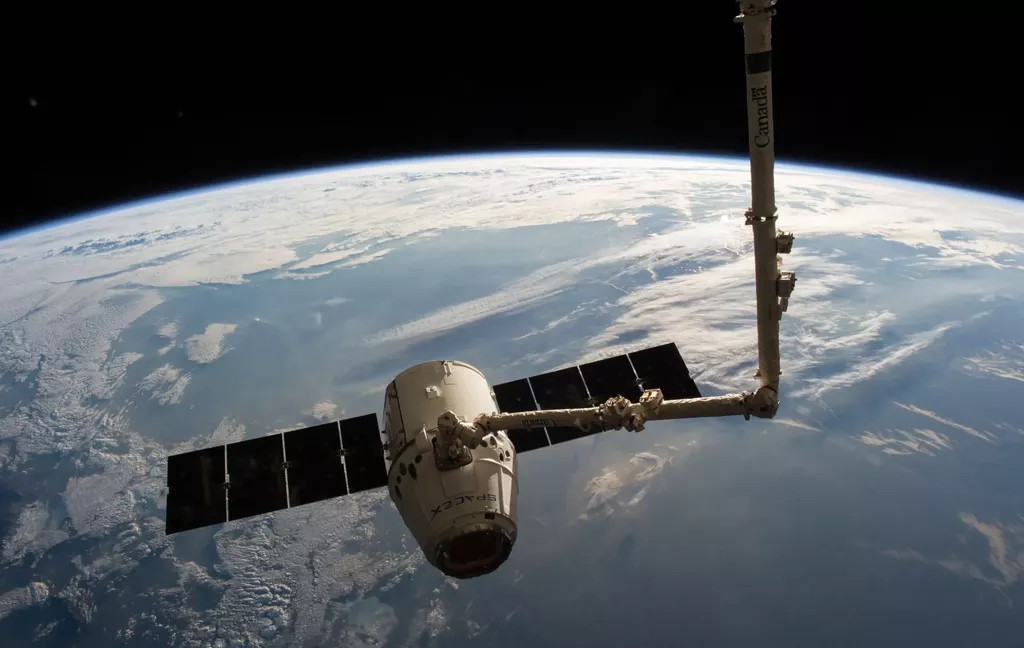
- Area of Expertise
- Digital & Data Governance
Prepare, Provide, Pioneer: digitalisation as a motor for Europe’s success…
Next event In person & livestreamed

- Area of Expertise
- Digital & Data Governance
From orbit to impact: charting Europe’s course in a changing global…
Past event Online
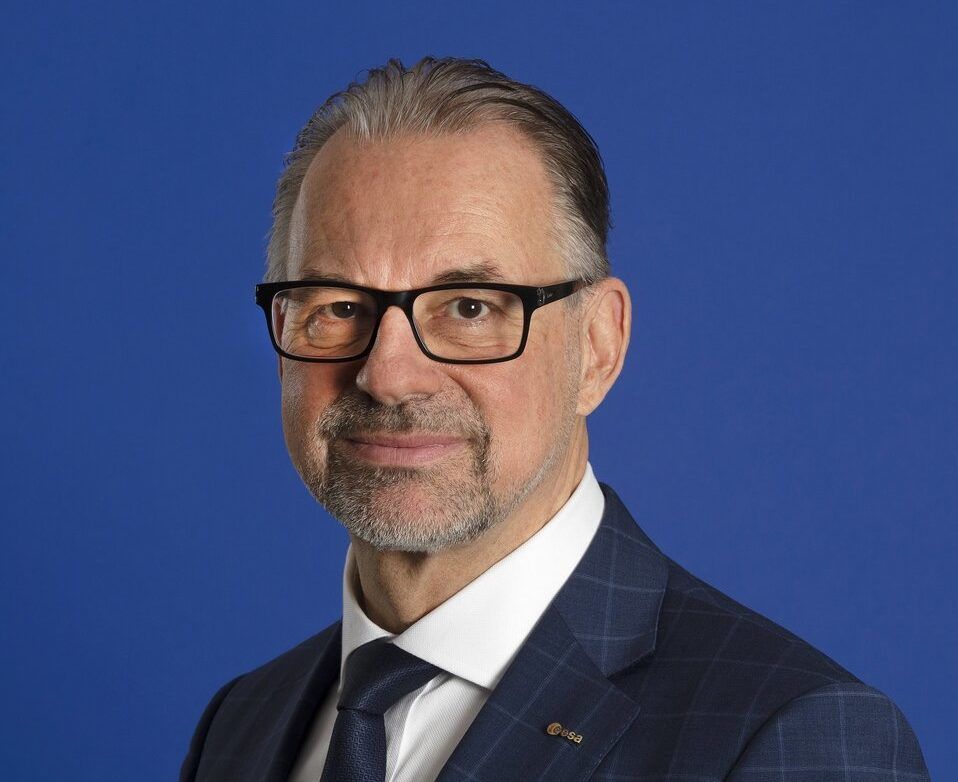
- Area of Expertise
- Digital & Data Governance
Embracing digital government for Europe’s citizens: how do we maximise…
Past event In person
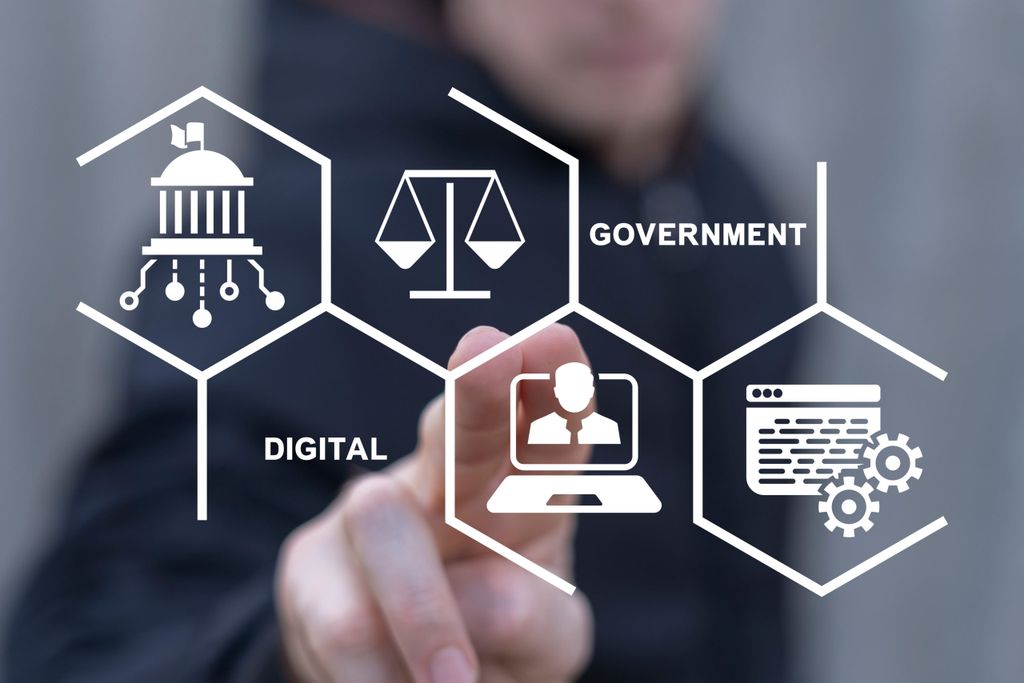
- Area of Expertise
- Digital & Data Governance
The digital battlefield: EU-China cybersecurity diplomacy in the 21st…
- Category
- #CriticalThinking
- Author
- By Dr Cristina Vanberghen
The digital battlefield: EU-China cybersecurity diplomacy in the 21st…
- Category
- #CriticalThinking
- Author
- By Dr Cristina Vanberghen
Time for ESA to chart its own course and reduce NASA dependency
- Category
- #CriticalThinking
- Author
- By Susmita Mohanty
Introducing a new method to assess the productivity of human-AI…
- Category
- #CriticalThinking
- Author
- By Smita Samanta & Emmanuel Benhamou
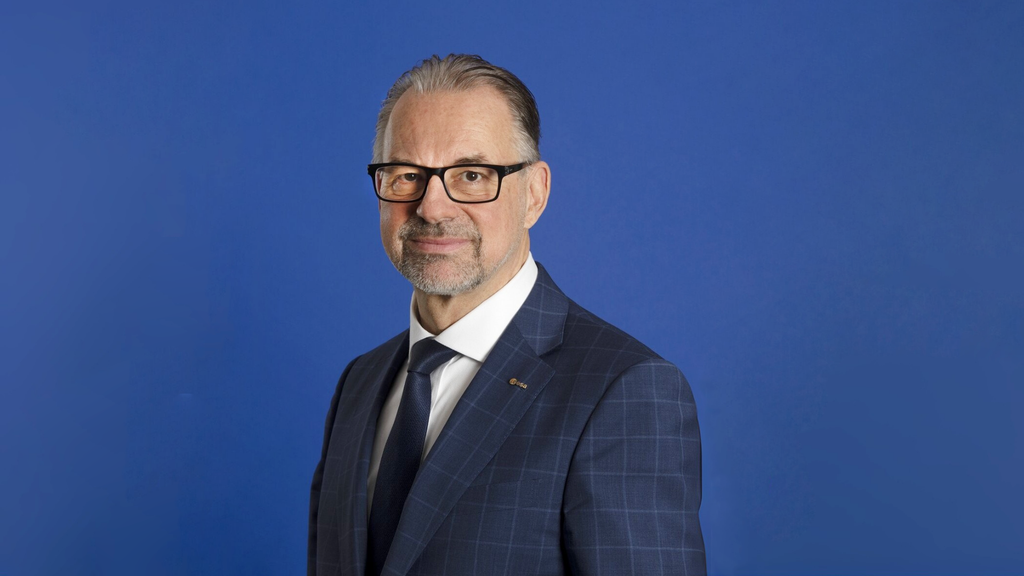
- Area of Expertise
- Digital & Data Governance
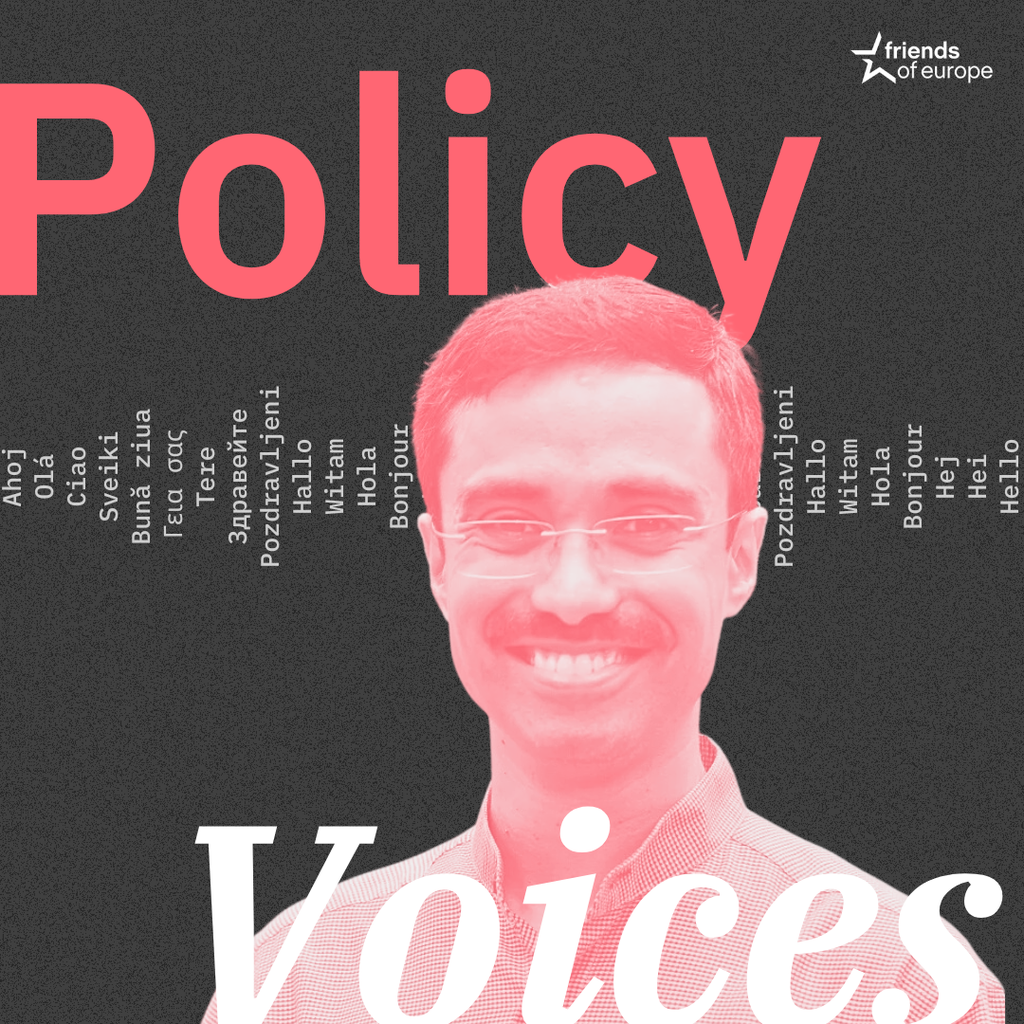
- Area of Expertise
- Digital & Data Governance
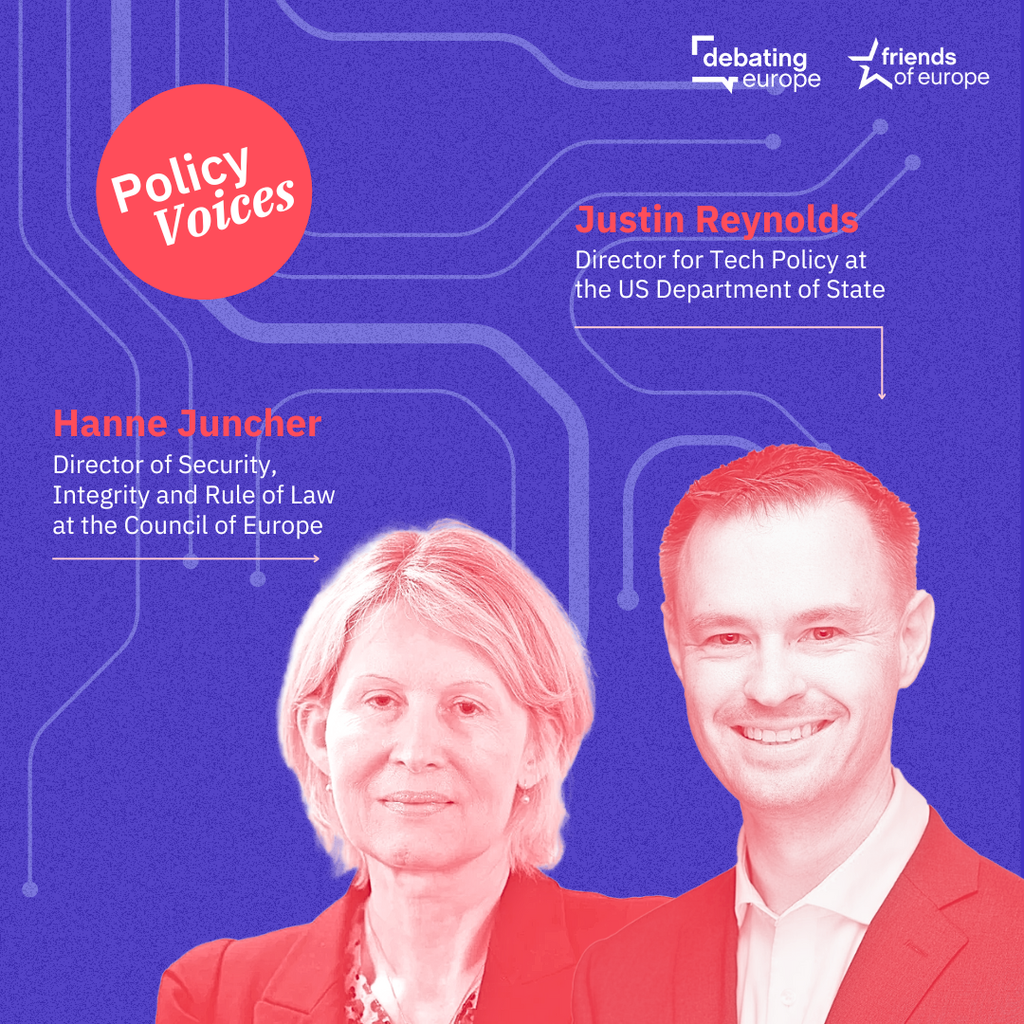
- Area of Expertise
- Democracy

- Area of Expertise
- Digital & Data Governance
Continue
the debate on
- Debating Europe
